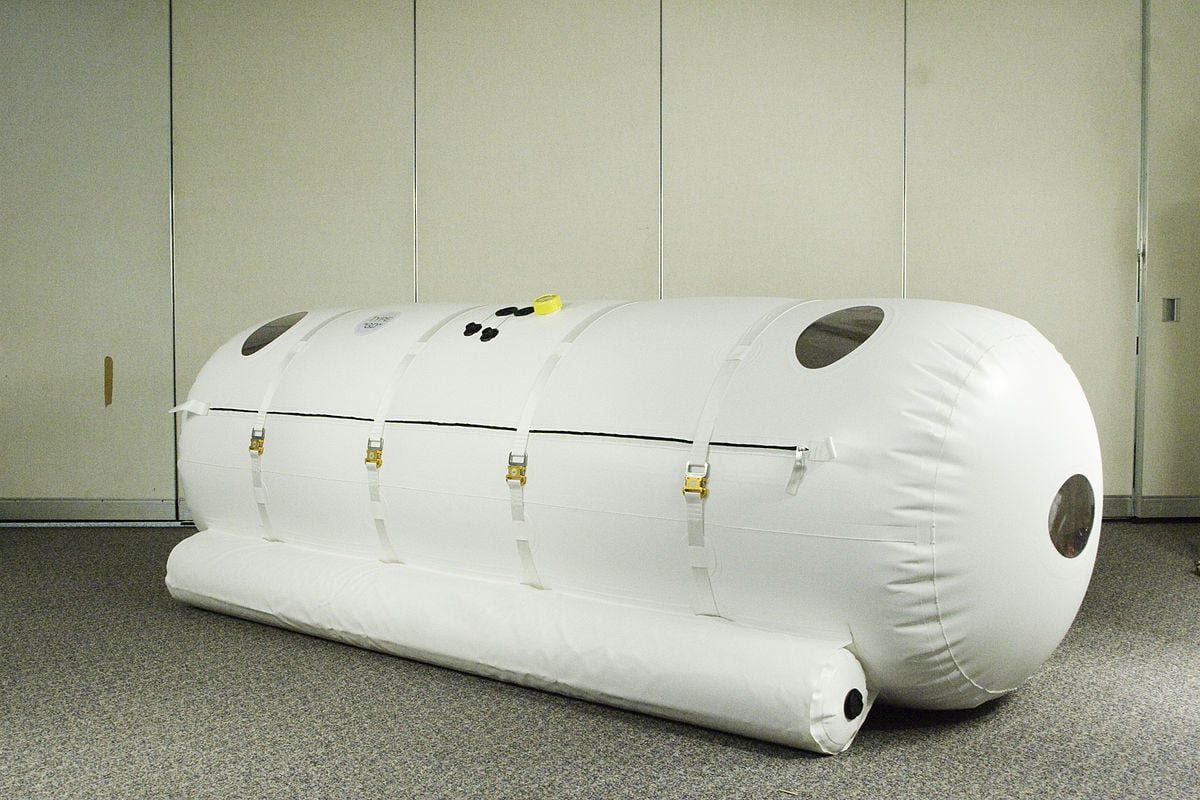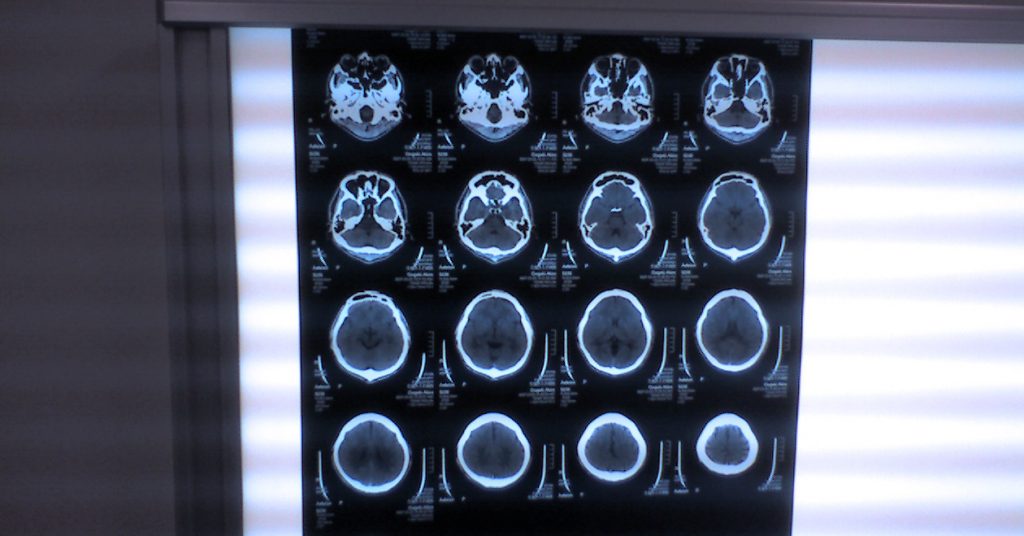Oxygen therapy, already a form of treatment for a host of conditions, has been found to alleviate symptoms associated with the damage to brain tissue in patients with Alzheimer’s disease, a type of dementia that progressively destroys memory, thinking and reasoning ability as well numerous other mental functions.
Dementia, including Alzheimer’s, affects more than 40 million people worldwide, according to a 2015 report by Alzheimer’s Disease International. The cause of the disease is unknown and there is no known cure.
SEE ALSO: Breakthrough Blood Test For Alzheimer’s Disease To Undergo Clinical Trials
But a new study on mice conducted by neuroscientists at Tel Aviv University suggests that the use of hyperbaric oxygen therapy, a well-known treatment for decompression sickness, serious infections, air bubbles in blood vessels and wounds associated with diabetes, can have positive physiological effects on Alzheimer-affected brain tissue.
The treatment involves having patients sit in a chamber where the air pressure is increased to twice that of normal air, enabling the lungs to gather more oxygen than would be possible at normal air pressure. In this situation, the blood can carry more oxygen throughout the body, helping to “fight bacteria and stimulate the release of substances called growth factors and stem cells, which promote healing, according to the Mayo Clinic.

An illustrative photo of a portable hyperbaric chamber. By Mckeeman at English Wikipedia, CC BY 3.0, Link
The study, led by Professor Uri Ashery of TAU’s Sagol School of Neuroscience and the Faculty of Life Sciences, administered the treatment in the oxygen chamber for an hour over the course of 14 days, leading to reduced behavioral deficiencies compared to the control mice group, as well as lowered plaque deposits in the brain by 40 percent, and neuroinflammation by the same amount, Tel Aviv University said in a press statement. The findings were published in the scientific journal the “Neurobiology of Aging.”
Ashery said the scientists “have now shown for the first time that hyperbaric oxygen therapy can actually improve the pathology of Alzheimer’s disease and correct behavioral deficits associated with the disease,” and called the treatment “revolutionary.”
“This research is extremely exciting as it explores a new therapy that holds promise as a treatment of Alzheimer’s disease,” Ashery said.
Sign up for our free weekly newsletter
SubscribeRonit Shapira, a PhD student TAU’s Faculty of Life Sciences and the principal investigator of the study said the research has “serious clinical implications.”
“Hyperbaric oxygen treatment is a well-tolerated and safe therapy used in clinics around the world for various medical conditions, including neurological disorders. Although further research is needed to elucidate the underlying beneficial mechanisms of the therapy and to evaluate its beneficial effects in various Alzheimer patient populations, it holds great potential for the treatment of Alzheimer’s disease,” she said.
SEE ALSO: Israeli Researchers Discover New Brain Cell That Could Help Treat Alzheimer’s
Professor Shai Efrati of Tel Aviv University’s Sackler Faculty of Medicine, who also participated in the study said “the beneficial physiological effects of hyperbaric oxygen therapy were directly demonstrated on Alzheimer-affected brain tissue.”
“We assume that the main challenge in human use will be to initiate the treatment at early stages before a significant amount of brain tissue is lost,” he added.
The scientists are currently conducting additional research into oxygen therapy to determine the underlying impact on the disease, said the university.
Related posts

Israeli Medical Technologies That Could Change The World

Harnessing Our Own Bodies For Side Effect-Free Weight Loss

Missing Protein Could Unlock Treatment For Aggressive Lung Cancer




Facebook comments